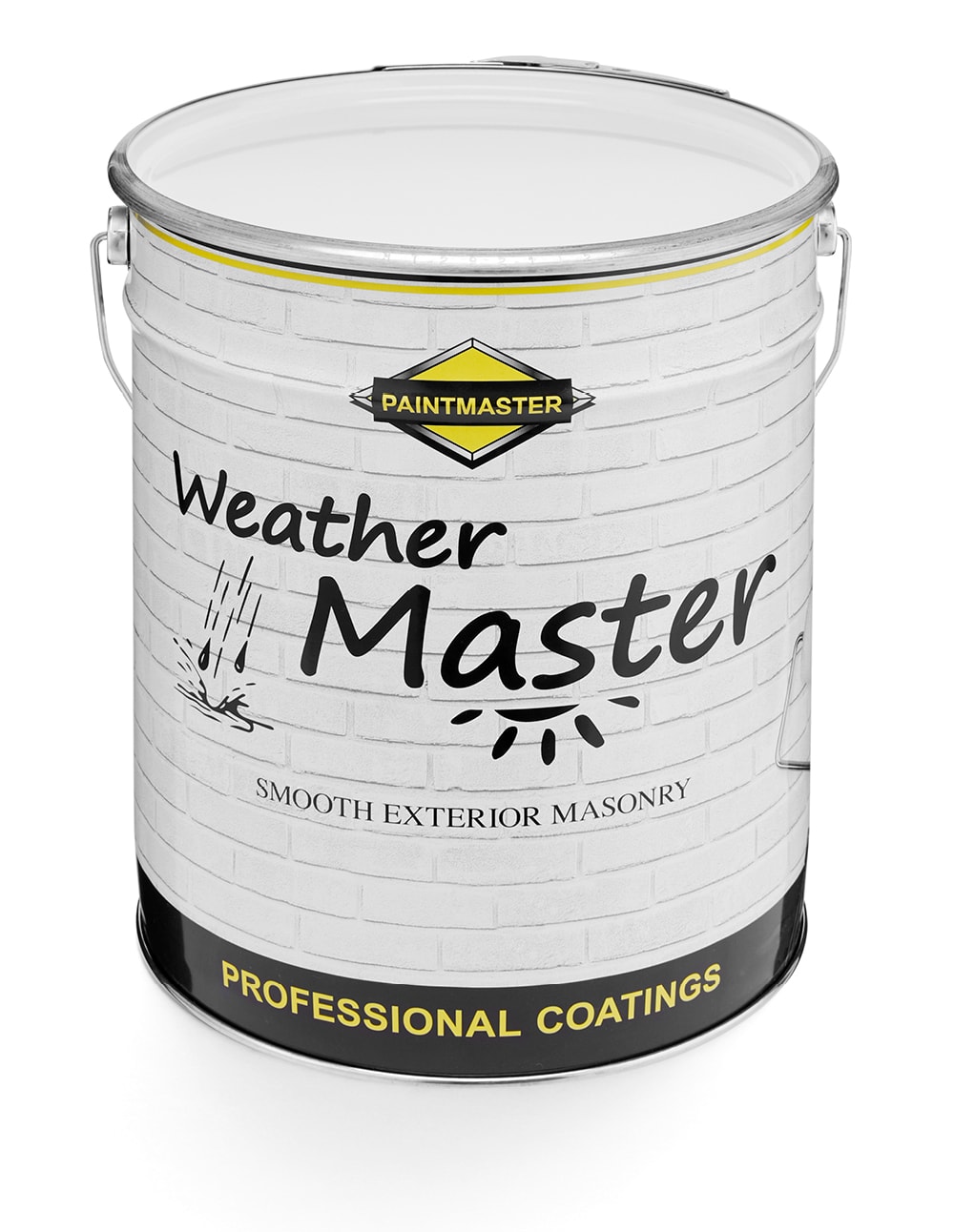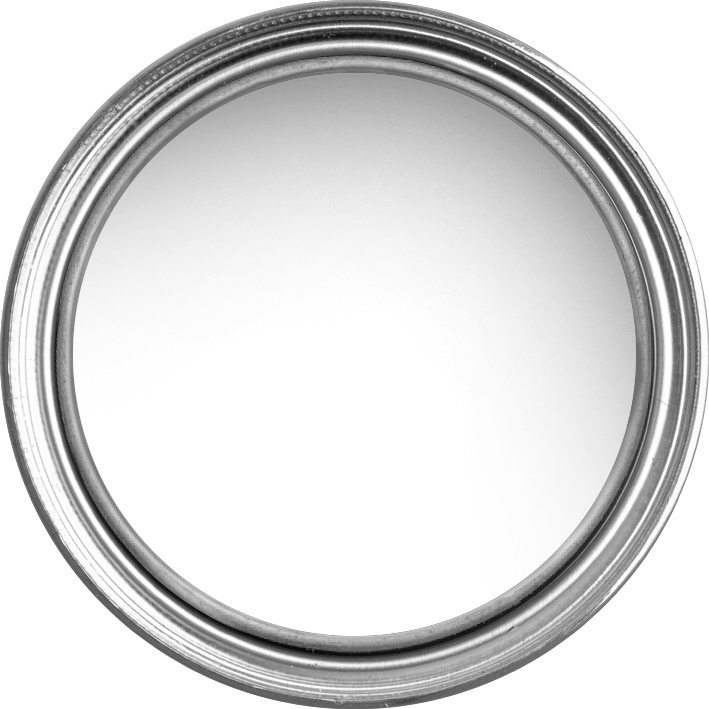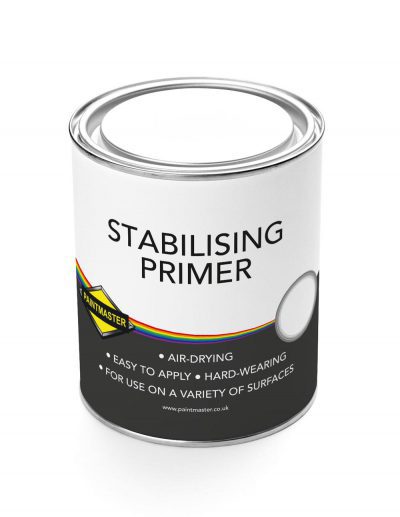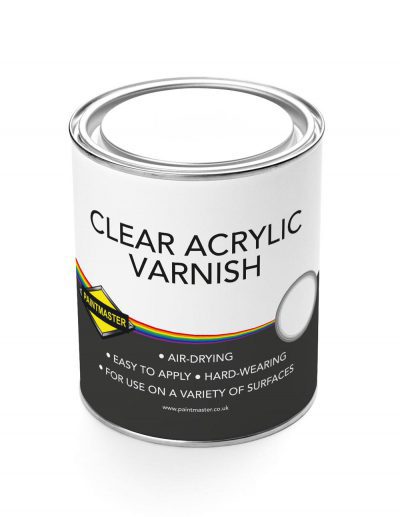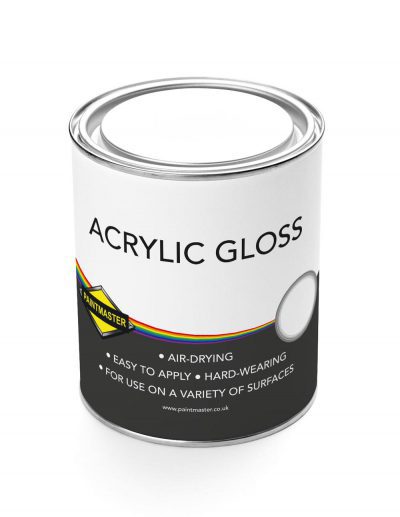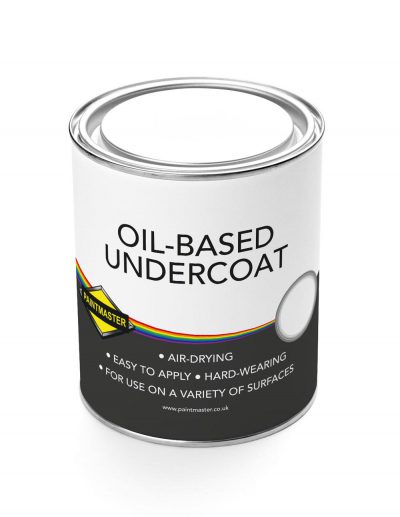Description
Paintmaster’s highly durable exterior quality weathermaster masonry paint based on high-performance premium all acrylic resin for superior durability compared to other masonry paints.
UVA fade-resistant and contains a fungicide to inhibit mould and algae growth on the paint film which helps it stay cleaner for longer.
Its micro-porous breathable paint film allows moisture and air to be released.
Masonry Paint Colours
Paintmaster’s popular ‘Weathermaster Masonry’ range is available in lots of standard shades including: White, Buttermilk, Classic Cream, Cornish Cream, Country Cream, Gardenia, County Cream, Jasmine White, Magnolia, Light Grey, Mid Grey, Dark Grey, Black, Mid Green, Dark Green as well as having the option to choose RAL codes, British Standard Codes or have a special mix in the colour of your choice.
It is particularly suitable for use in extreme and changeable weather.

